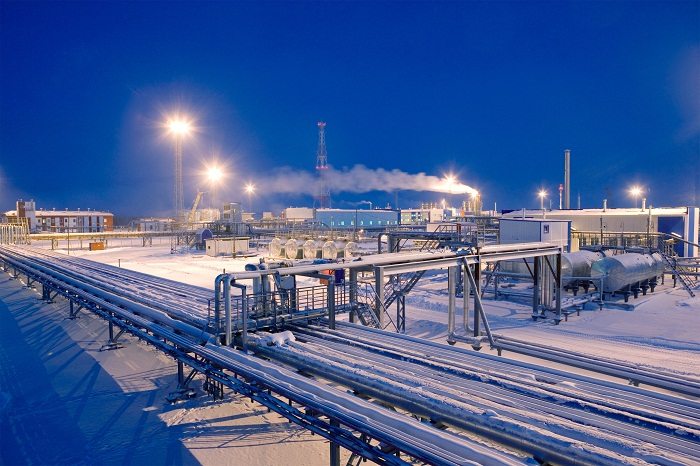A recent Gas discovery in Egypt is likely to put the country back to its former position where it used to export energy. This follows the discovery of huge Zohr natural gas field at the coastline of the country.
Discovered by oil exploration company Eni, The move will see the country back into exporting liquefied natural gas (LNG), making the bright spot of demand it has created in an oversupplied global gas market short-lived.
Once an energy exporter, declining oil and gas production and increasing consumption had turned Egypt into a net energy importer, but the discovery of the largest gas fields ever found in the Mediterranean could reverse this.
Egypt entered the LNG market with a burst of imports earlier this year, making it one of the world’s top growth markets, after leasing a floating storage unit (FSRU) from Norway’s Höegh LNG for five years in April.
Just a few months later its fortunes changed with Eni’s announcement of the discovery of the Zohr field that potentially contains 30 trillion cubic feet (tcf) of gas.
“We felt comfortable in Egypt’s demand for LNG over a five-year period and we still feel that there’s a good chance Höegh Gallant will serve for longer, but it all depends on how quickly local reserves are developed,” said Richard Tyrrell, chief executive of Höegh LNG Partners LP.
In a sign of Egypt’s strong import demand, Tyrrell said the Höegh Gallant was probably the best utilised FSRU in the world.
Egypt has since added a second FSRU leased from Singapore-based Norwegian gas shipping company BW Gas.
Offshore gas fields typically take several years to come on stream, however, as Egypt already has some of the infrastructure in place it’s expected to be able to accelerate the process.
The gas discovery in Egypt will essentially rank it with middle East countries that have large reserves of natural gas and it remains to see how the competition for exports will eventually turn out to be.

